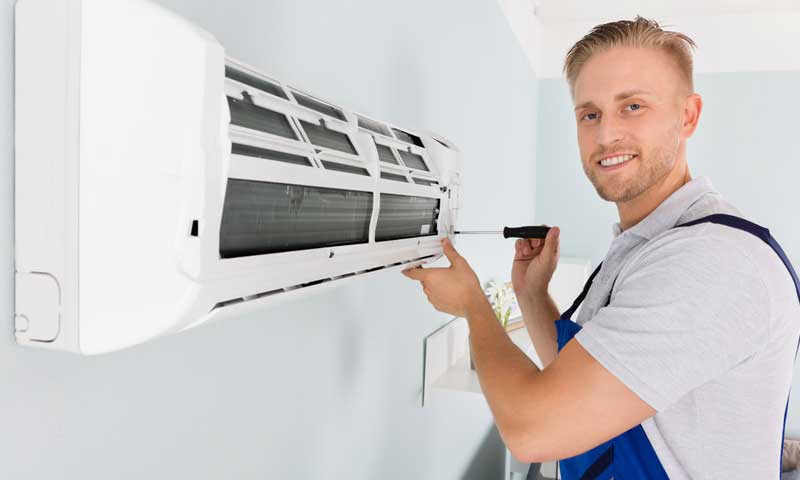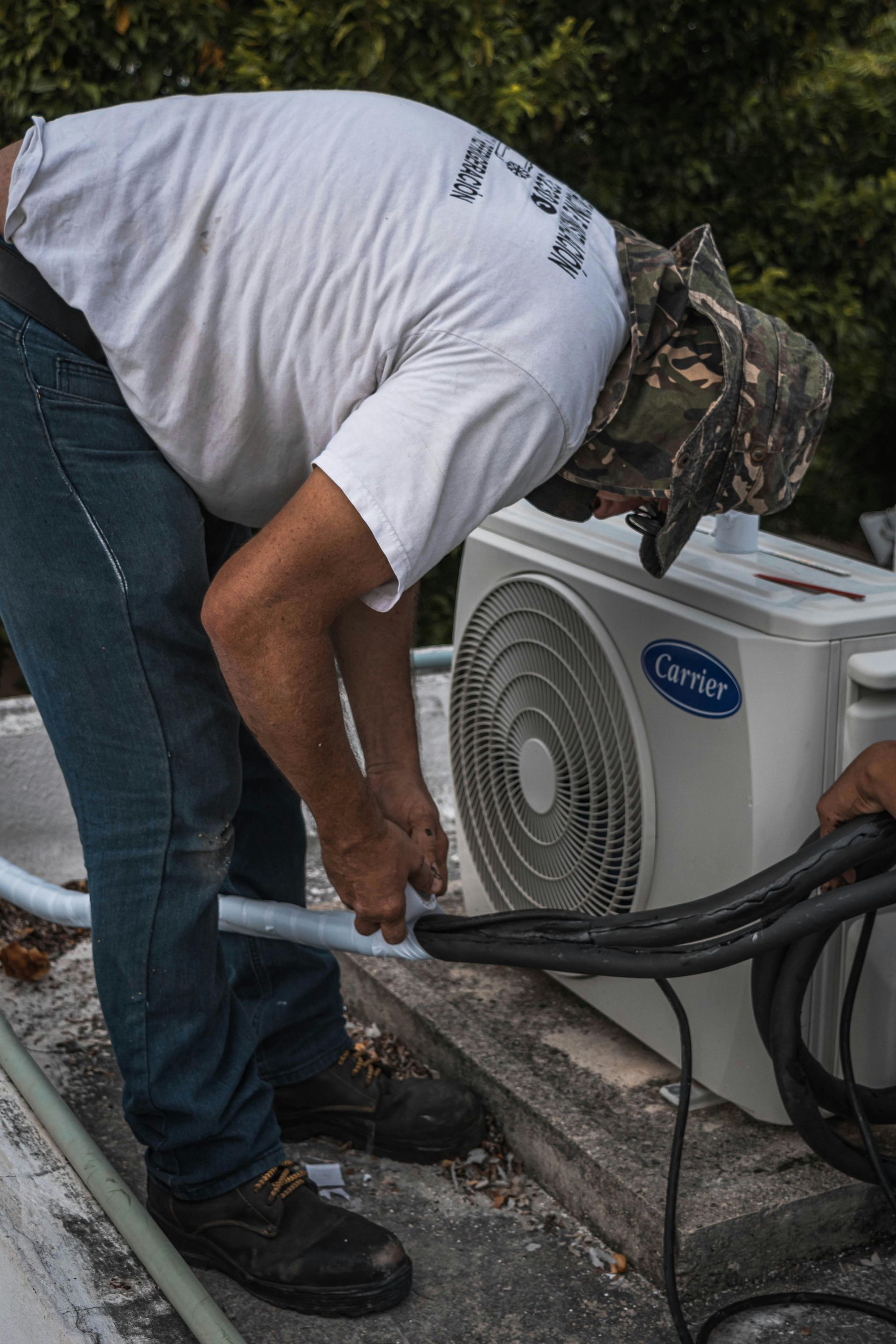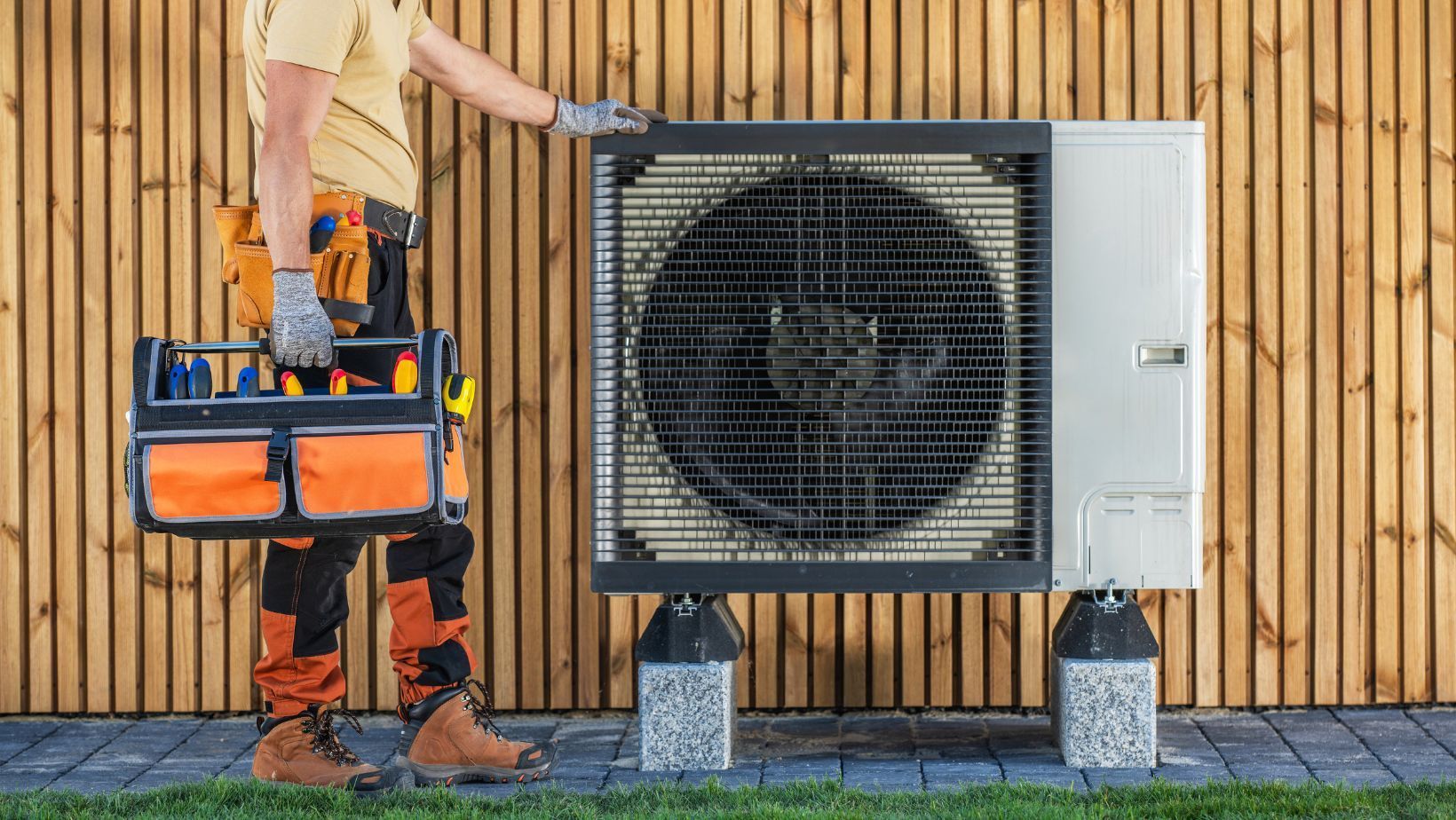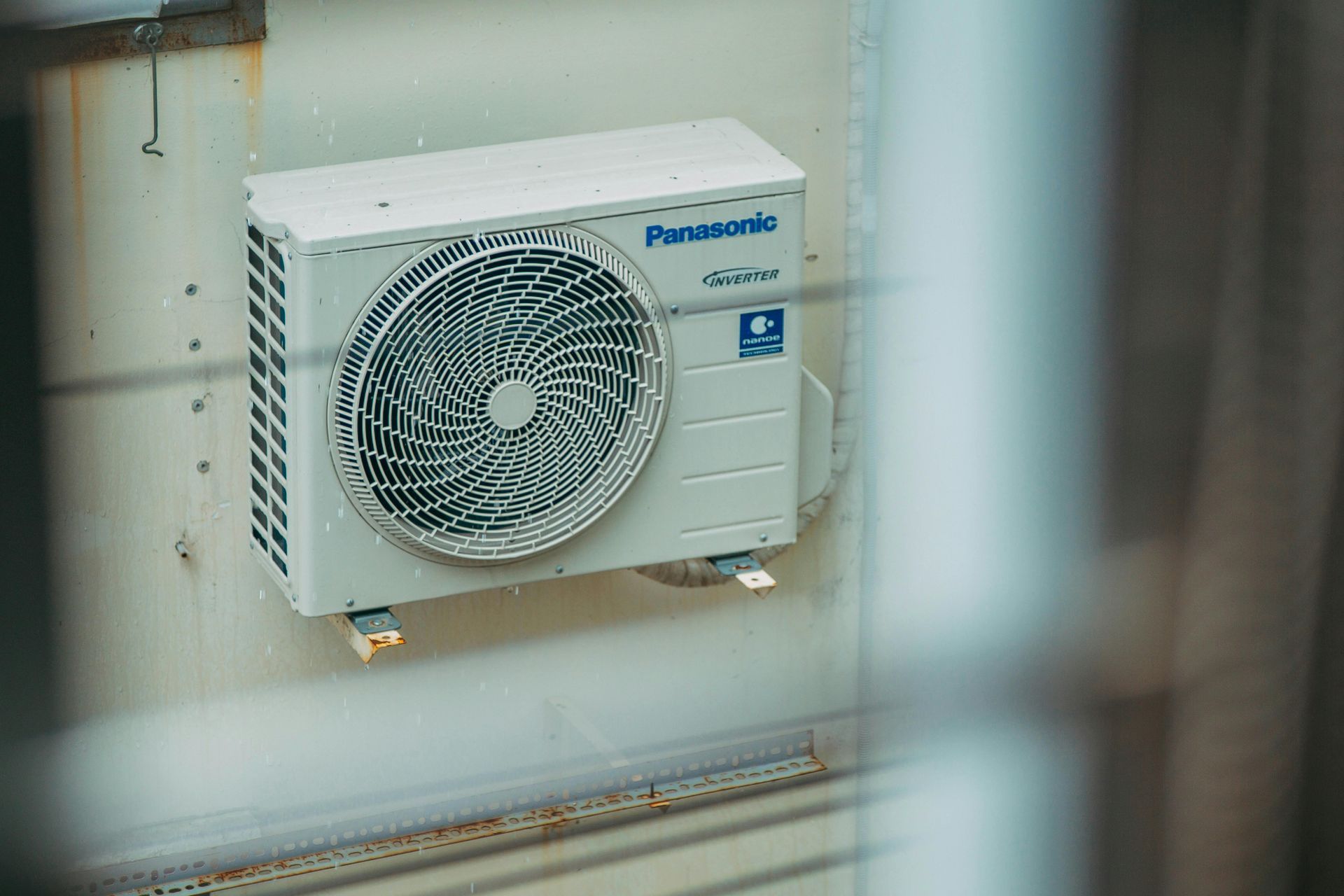How Long Do Furnaces Last? A Comprehensive Guide to Furnace Lifespan
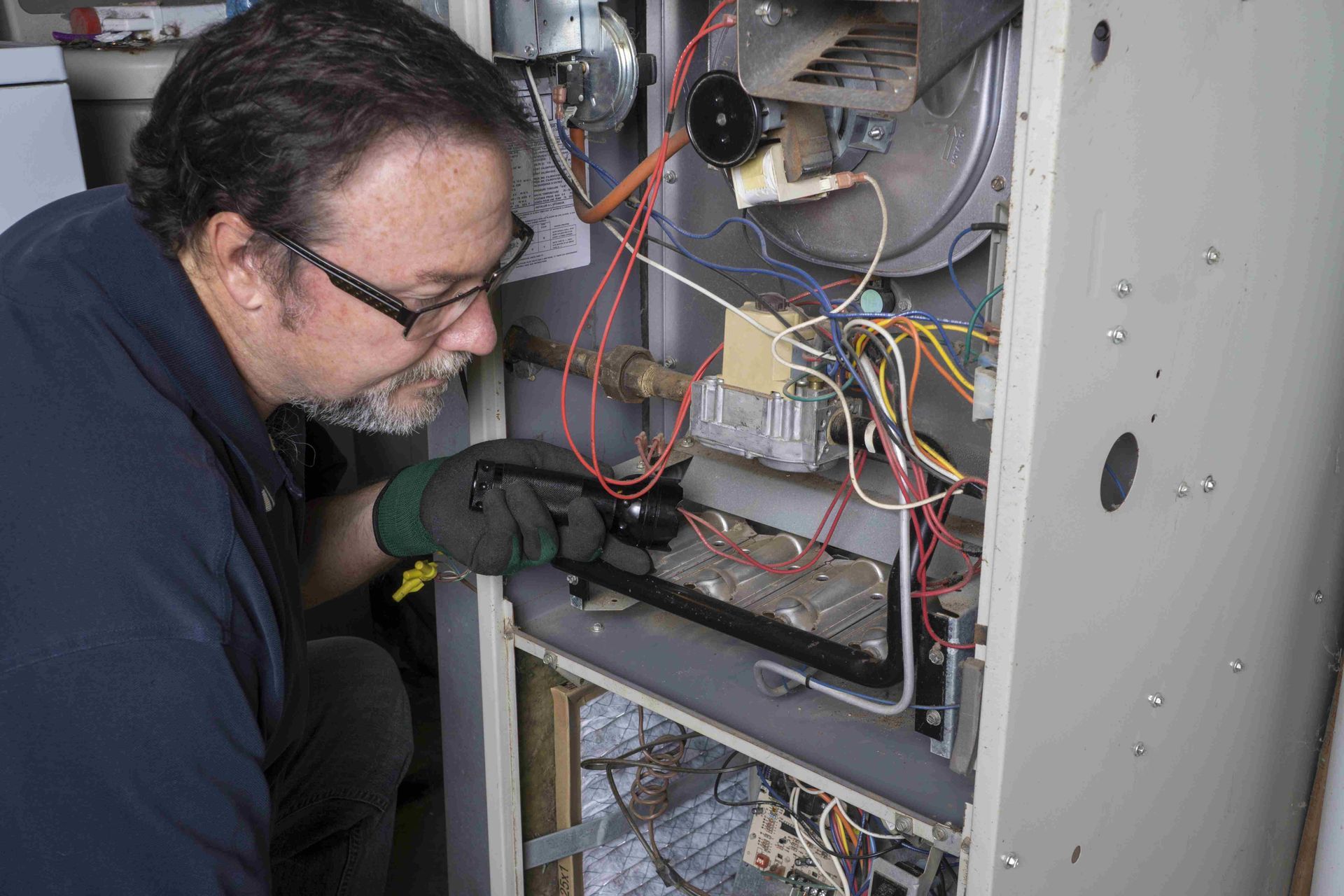
Furnaces play a vital role in keeping our homes warm and comfortable during the colder months. However, like any other appliance, they have a finite lifespan. Understanding how long furnaces typically last and what factors influence their lifespan can help homeowners make informed decisions regarding maintenance and replacement.
In this article, we will explore the average lifespan of different types of furnaces, signs that indicate the need for replacement, and ways to extend the lifespan of your furnace.
Factors Affecting Furnace Lifespan
The lifespan of a furnace can vary based on several factors. Here are some key considerations that can affect how long your furnace will last:
Quality of Installation:
Proper installation by a qualified professional ensures that the furnace operates efficiently, potentially extending its lifespan.
Brand and Model
Different furnace brands and models have varying levels of quality and durability, which can impact their lifespan.
Maintenance and Care
Regular maintenance, such as annual inspections and cleaning, can significantly extend the life of your furnace.
Usage and Demand
The frequency and duration of furnace usage, as well as the demands placed on it to heat larger spaces, can affect its lifespan.
Climate
Extreme climates with long and harsh winters may cause more wear and tear on the furnace, shortening its lifespan.
Average Lifespan of Different Types of Furnaces
The type of furnace you have installed in your home can also influence its expected lifespan. Let's take a closer look at the average lifespans of various furnace types:
Gas Furnaces
Gas furnaces are among the most common types used in residential heating systems. On average, a well-maintained gas furnace can last anywhere between 15 to 30 years. Regular maintenance, such as cleaning the burners and replacing filters, can help prolong its lifespan.
Electric Furnaces
Electric furnaces utilize heating elements to warm the air. With proper care and maintenance, an electric furnace can last approximately 20 to 30 years. Since they have fewer mechanical parts, electric furnaces tend to require less maintenance.
Oil Furnaces
Oil furnaces use oil as a fuel source for heating. These furnaces typically have a lifespan of 20 to 30 years. Regular maintenance, including cleaning the oil burner and changing filters, is crucial to ensure their longevity.
Signs Your Furnace Might Need Replacement
Over time, furnaces may exhibit signs indicating that they are nearing the end of their lifespan. Look out for the following indicators that your furnace might need replacement:
Frequent Repairs
If your furnace requires frequent repairs and the costs are adding up, it may be more cost-effective to replace it.
Age
If your furnace is approaching or has exceeded its expected lifespan, it is worth considering a replacement, especially if it's exhibiting other signs of deterioration.
Decreased Efficiency
If your furnace is no longer providing consistent heat or if you notice a significant increase in your energy bills, it could indicate decreased efficiency and the need for a replacement.
Uneven Heating
If certain areas of your home are consistently colder than others, even after maintenance and repairs, it may be a sign that your furnace is struggling to distribute heat properly.
Strange Noises and Odors
Unusual noises, such as banging, rattling, or squealing, as well as persistent odors, can indicate underlying issues with your furnace that may require replacement.
Extending the Lifespan of Your Furnace
While the lifespan of a furnace is influenced by various factors, there are steps you can take to maximize its longevity. Here are some tips to help extend the lifespan of your furnace:
Regular Maintenance
Schedule annual maintenance inspections by a professional HVAC technician to ensure that your furnace is running efficiently. They can clean and tune the system, identify potential problems, and make necessary repairs.
Cleaning and Air Filtration
Regularly clean or replace the air filters in your furnace. Clogged filters restrict airflow and put additional strain on the system. Clean filters help maintain proper airflow and improve the overall efficiency of your furnace.
Proper Insulation
Ensure your home is well-insulated to reduce heat loss. Good insulation prevents your furnace from working harder than necessary to maintain a comfortable temperature, reducing wear and tear on the system.
Efficient Use of Thermostat
Optimize your thermostat settings to minimize unnecessary heating cycles. Use programmable thermostats to adjust temperature settings based on your daily routine. Lowering the temperature when you're away or asleep can reduce strain on the furnace.
Conclusion
The lifespan of a furnace depends on various factors, including installation quality, brand, maintenance, usage, and climate. Gas furnaces typically last between 15 to 30 years, electric furnaces can last approximately 20 to 30 years, and oil furnaces have a similar lifespan.
Signs such as frequent repairs, age, decreased efficiency, uneven heating, and strange noises or odors indicate that a furnace may need replacement. By implementing regular maintenance, proper cleaning, insulation, and efficient thermostat use, homeowners can extend the lifespan of their furnaces and ensure reliable heating for years to come.
Want a long lasting furnace for your home in London, Ontario? Call us now so that you can experience quality furnaces today!
